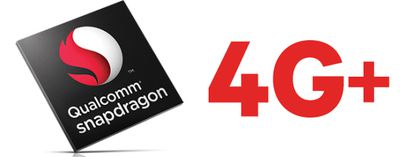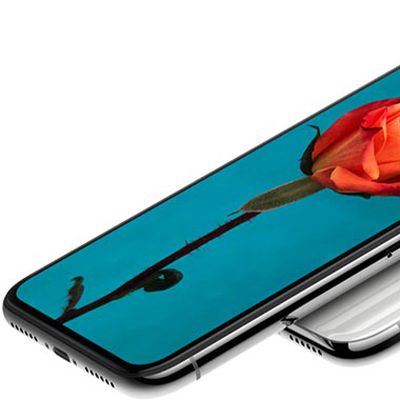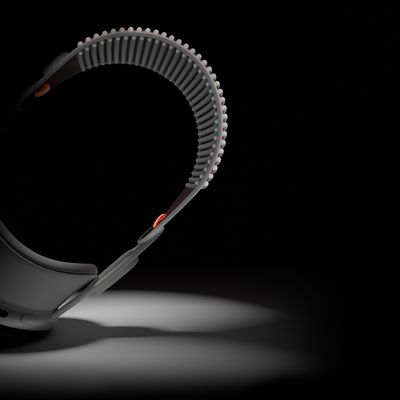Qualcomm today announced it has countersued Apple in the U.S. District Court for the Southern District of California, nearly three months after the iPhone maker sued the chipmaker for $1 billion in alleged unpaid royalty rebates. Apple also accused Qualcomm of engaging in anticompetitive licensing practices.

Qualcomm, which earlier called Apple's lawsuit "baseless," officially denied the majority of Apple's allegations, and accused the Cupertino-based company of failing to engage in good faith negotiations for a license to its 3G and 4G standard essential patents on fair, reasonable, and non-discriminatory terms.
The chipmaker also accused Apple of breaching its licensing agreements, making false statements, and encouraging regulatory attacks on its business in multiple countries. Qualcomm added that Apple has deliberately "chose not to utilize the full performance" of its LTE modem in its iPhone 7 and iPhone 7 Plus.
Apple uses Intel's XMM7360 and Qualcomm's Snapdragon X12 modems for GSM and CDMA models of the iPhone 7 respectively. Independent testing last year found Qualcomm's LTE chip to significantly outperform Intel's LTE chip in the iPhone 7, but it could theoretically be even faster.
Apple, however, said there is "no discernible difference" in performance between the Qualcomm and Intel modems in any of the models.
Qualcomm said Apple's statement misrepresented the performance disparity between iPhones using its modems and those using Intel-supplied modems. Apple then allegedly threatened Qualcomm about making any public comparisons about the apparently superior performance of the Qualcomm-powered iPhones.
Qualcomm, the exclusive supplier of 3G and LTE modems for iPhones until 2016, said Apple has "launched a global attack" against its company, using its "enormous market power" to coerce unfair and unreasonable licensing terms. The chipmaker insists that it will "vigorously defend" its business model.
“Over the last ten years, Apple has played a significant role in bringing the benefits of mobile technology to consumers with its popular products and services," said Don Rosenberg, executive vice president and general counsel of Qualcomm. "But Apple could not have built the incredible iPhone franchise that has made it the most profitable company in the world, capturing over 90 percent of smartphone profits, without relying upon Qualcomm's fundamental cellular technologies. Now, after a decade of historic growth, Apple refuses to acknowledge the well established and continuing value of those technologies. It has launched a global attack on Qualcomm and is attempting to use its enormous market power to coerce unfair and unreasonable license terms from Qualcomm. We intend to vigorously defend our business model, and pursue our right to protect and receive fair value for our technological contributions to the industry.”
Qualcomm said Apple "could not have built the incredible iPhone franchise" without relying upon Qualcomm's "fundamental cellular technologies." In its countersuit, Qualcomm went as far as saying Apple has "contributed virtually nothing to the development of core cellular technology."
Apple is the world's most profitable seller of cellular devices. But as a late-comer to the cellular industry, Apple contributed virtually nothing to the development of core cellular technology. Instead, Apple's products rely heavily on the cellular inventions of Qualcomm and others. Apple's iPhones and other products enjoy enormous commercial success, but without lightning-fast cellular connectivity—enabled in large part by Qualcomm's inventions—Apple's iPhones would lose much of their consumer appeal.
Qualcomm is seeking, among other things, both compensatory and punitive damages from Apple in amounts to be proven in a jury trial for "reneging on its promises in several agreements." It is also seeking to be released from any obligation to make further payments to Apple, per the court filing.
Apple for its part accused Qualcomm of using its position as the supplier of a key iPhone component to drive up patent licensing fees. In January, the Federal Trade Commission alleged that Qualcomm required Apple to exclusively use its modems from 2011 to 2016 in exchange for lower patent royalties.




















